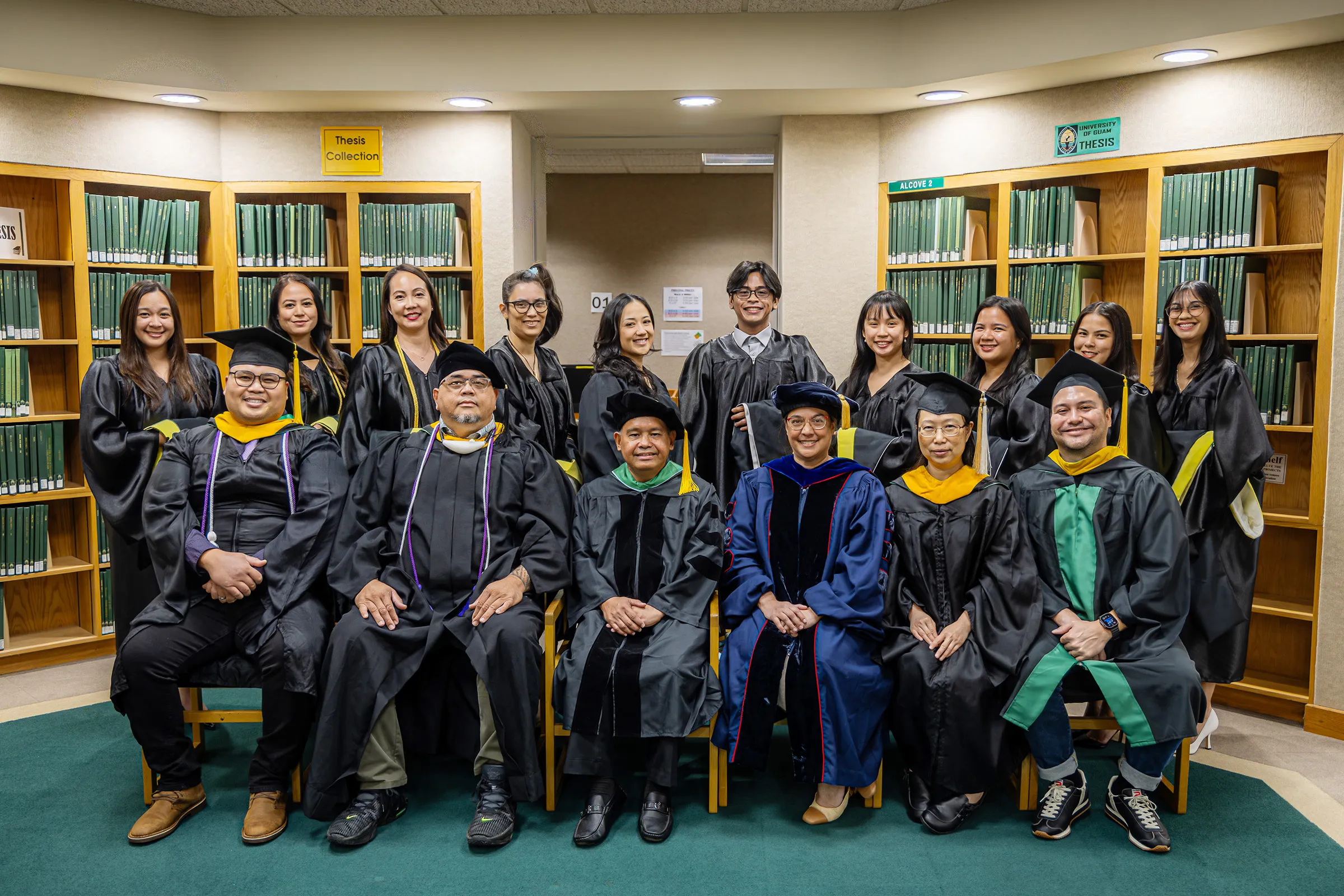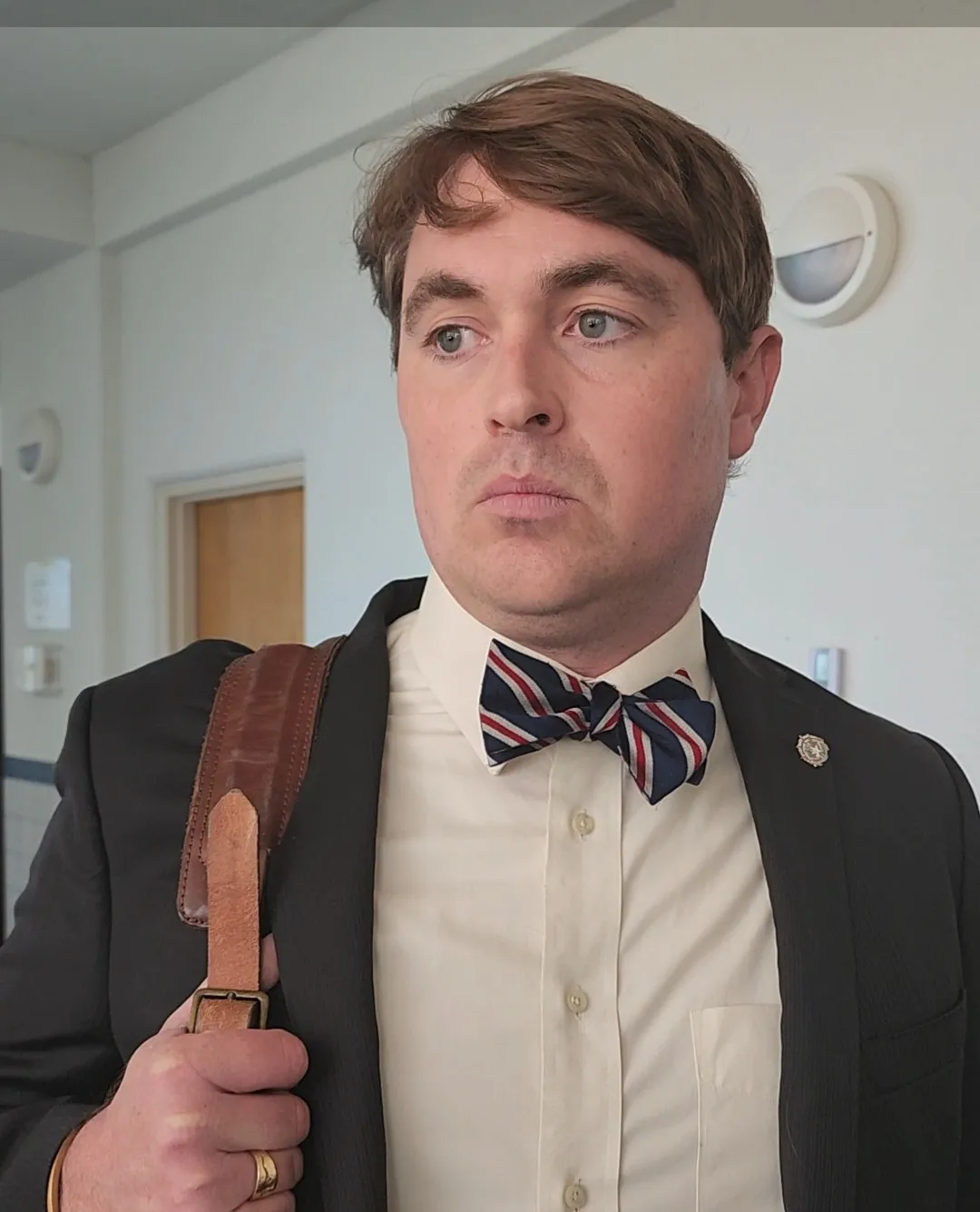
BC Cook
OVER the past two weeks we have followed Captain James Cook on his extraordinary voyages around the world. He brought the islanders of the Pacific Ocean into constant, direct contact with the rest of the world, and because of that his name has been praised and cursed. One voyage of discovery remains.
During the time of the Conquistadores it was found that North and South America formed one land mass stretching nearly all the way from the North Pole to the South Pole. That meant sailors had to go up over the top or down under the bottom of it to get from one ocean to the other. Either route was treacherous, very cold, and closed for part of the year. Kings, warriors, merchants and religious leaders became obsessed with finding the Northwest Passage, a way through the continents that avoided the extreme top or bottom. Cook volunteered to lead the expedition to either find it or prove it was not there. The mission also gave him a chance to explore the northern reaches of the Pacific, having charted so much of its southern waters. He was instructed to map the western coast of North America, determine the size and shape of the waters between Asia and Alaska, and visit as many islands as he could find.
Lasting from 1776 to 1779, the voyage went well at first. Cook’s fame and respect were such that, even though England was at war with the American colonies at that time, Benjamin Franklin issued orders to American ships to leave Cook alone if they should come across him. Not even war would get in his way. Cook visited Hawaii, mapped the coasts of the Oregon territory, Canada and Alaska, and pushed through the Bering Straits only to be stopped by a wall of ice.
As coincidence would have it, Cook returned to Hawaii at the same time a local god was predicted to visit. Many islanders concluded that the two were somehow connected. Perhaps Cook was even the god himself in human form. The islanders treated the English as honored guests, lavishing them with food and gifts of every kind, including a sexual openness that shocked Cook. They left the islands as heroes.
A few days later, the situation had completely changed. The mast on Cook’s ship was damaged in a storm and he returned to Hawaii for repairs. It was now clear the English were not gods. Their ship was broken, their return did not coincide with any religious event, and the local food supply was exhausted. The Hawaiians were angry and took to stealing from the English, which led to an unfortunate encounter and Cook was killed on the shores of Hawaii. After all he had been through, the great explorer was gone.
His second in command finished the mystery of the Northwest Passage, proving there was none, and headed for home. From then on Cook belonged to history, and we have been assessing the man and his accomplishments ever since.
Dr. BC Cook taught history for 30 years and is a director and Pacific historian at Sealark Exploration (sealarkexploration.org). He currently lives in Hawaii.










